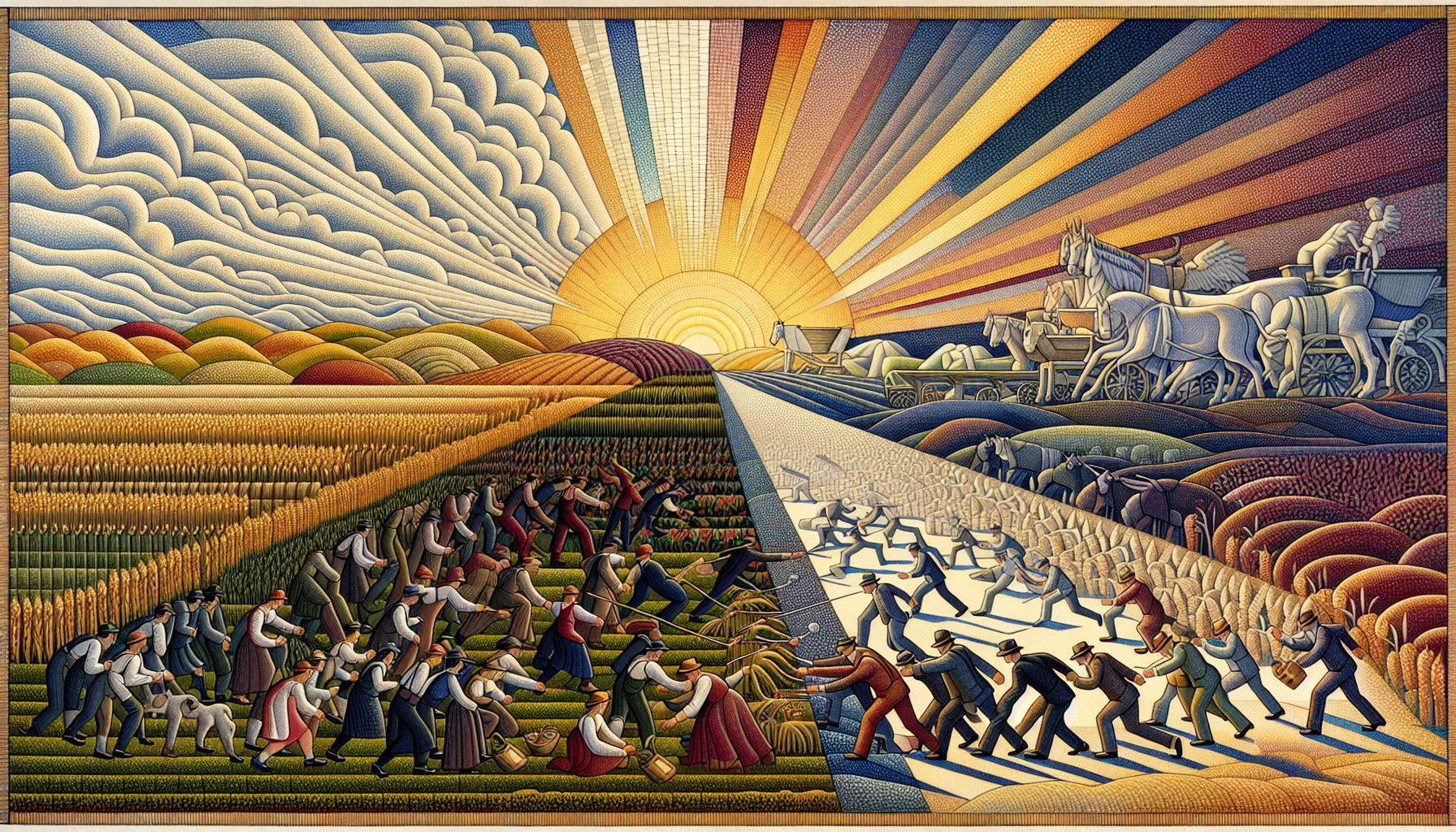Reappointment of South Korea's Agriculture Minister Sparks Division

Seoul, Wednesday, 25 June 2025.
Minister Song Mi-ryung’s reappointment has caused mixed reactions amidst concerns over policy continuity versus new government alignment in South Korea’s agriculture sector.
Background of the Reappointment
In an unexpected development amidst political transition, South Korea’s Agriculture Minister, Song Mi-ryung, has been reappointed despite a change in government. President Lee Jae-myung’s administration has chosen to retain Song Mi-ryung, who previously served under former President Yoon Suk Yeol, marking the first instance of such retention across a change in ruling parties. This decision is grounded in Song’s expertise in addressing climate change’s impact on agriculture and tackling rural depopulation, underscoring President Lee’s governance philosophy that prioritizes competence over political affiliations [1][2].
Implications for Agricultural Policy
The reappointment has sparked mixed reactions regarding policy direction. While some stakeholders view this as a commitment to policy continuity, others express concerns about potential misalignments with the new government’s strategies. Particular focus lies on key agricultural challenges, including the Grain Act, which Minister Song has previously opposed. The Act mandates government purchases of surplus rice, a policy she criticized as it was seen to be detrimental to the agricultural sector. However, a revised version accommodating concerns has been introduced, indicating a potential shift towards more pragmatic solutions [1][3].
Skepticism Among Farmer Organizations
Farmer organizations have exhibited divergent views on Minister Song’s continued tenure. Groups such as the Korean Comprehensive Agricultural Association have welcomed the reappointment, citing Minister Song’s efforts to strengthen communication with farmer organizations and the sustainability of agricultural policies. Conversely, organizations like the National Federation of Farmers have demanded the retraction of the appointment, highlighting their distrust based on Song’s prior resistance to pivotal legislation such as the Agricultural Livelihood Protection Act [2][3].
Future Prospects and Challenges
As the Ministry of Agriculture prepares for potential legislative compromises, challenges remain, particularly in maintaining policy cohesion between the inherited measures and the new administration’s goals. The contrasting responses from political parties further illustrate the nuanced task ahead. President Lee’s administration is expected to navigate these complexities by aligning existing policies with his pragmatic focus on effectiveness, ideally satisfying the diverse expectations within South Korea’s agriculture sector as it faces ongoing environmental and market pressures [1][2][3].